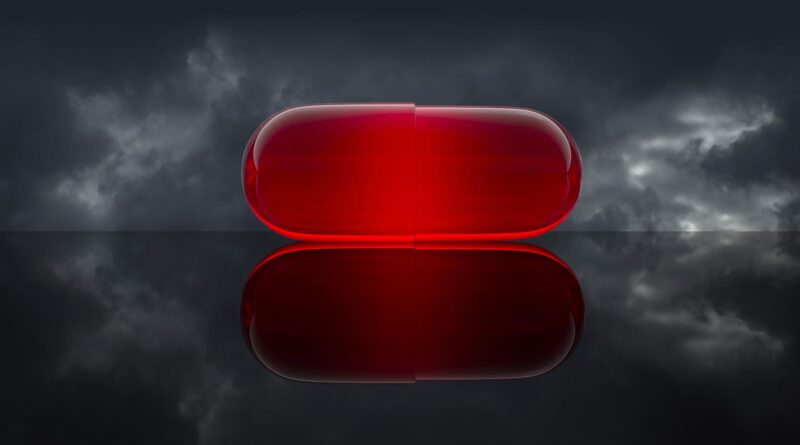Trump has promised to make your medicine cheaper. His Fees Will Make Them More Expensive
Drugs have often been protected in previous tariff wars, but this time they are.
By Alex KnappForbes staff
Dthe latest cry presidential campaign, President-elect Donald Trump has repeatedly promised to lower drug prices, to the extent that he falsely claimed to have reduced insulin prices, a policy actually carried out by the Biden Administration. He also promised to increase tariffs across the board, making it a centerpiece of his economic policy. “To me, the sweetest word in the dictionary is tax,” he said at a campaign event in October.
But Trump can have one or the other – not both. And if his next administration succeeds in implementing the tariffs he touted during the campaign, the result will be higher drug prices for consumers and less innovation. treatment.
Trump has promised tariffs of between 10% to 20% on goods from many countries, with tariffs on Chinese goods at least 60% and tariffs on Mexican goods ranging from 25% to 100%. Historically, pharmaceuticals have been held back from such tariffs, said Jack Zhang, director of the Trade War Lab at the University of Kansas. But this time around, Trump is proposing a universal tariff that will hit everything.
The United States buys about $10.2 billion in pharmaceuticals a year from China alone, according to the Atlantic Council. That means heart medicine, cancer treatment and antibiotics, as well as pain relievers such as ibuprofen and cough syrup, will all cost more by global rates.
Even domestic manufacturers are dependent on global supply chains, especially for active pharmaceutical ingredients (APIs). Here tariffs can have an even greater impact, as an estimated 72% of APIs in the US market are manufactured overseas, 13% of which come from China, according to USP. In addition, many of the key components of these APIs are produced in China, according to a 2022 report from Nikkei Asia.
“The supply of drugs is not easy to change overnight,” said Mariana Socal, an assistant professor at the Johns Hopkins Bloomberg School of Public Health. Forbes. Moving from one manufacturing site to another requires FDA review and approval. “These are things that take a long time to happen, if at all—it depends on a series of factors. And the short-term effects can only be higher prices. ”
If such a shift occurs, it is likely that manufacturing will move from a high-tariff region like China to a country with a low one, like India—rather than back to the United States. And the last of Trump’s bills during his first administration, which Biden continued, didn’t work as well as hoped: It took government programs like CHIPS Act to boost domestic production.
The capacity to increase the production of drugs and APIs does not exist in the US now, Socal points out. That construction requires investment—it will be paid for in the form of higher prices. And developing it in the United States is so expensive that just paying the fees can be costly when it comes to cheaper generics produced overseas in China, India and Mexico. Patients “will face higher prices for the same product, with no change in quality or supply or anything else,” he said.
In Silicon Valley, some support has shifted to Trump in hopes that his policies will spark innovation, and many VCs and founders in areas such as AI and defense technology are excited about the tape. little red. But when it comes to the pharmaceutical industry, tariffs can undermine new research and development because rising costs across global supply chains mean fewer resources. Expect companies to focus on sure bets and low risks. “It’s going to significantly increase the cost for companies to do any kind of development,” said Dave Latshaw, CEO and co-founder of drug development company BioPhy. “So these highly speculative programs will be less than they were before.”
Fees can also help the Fed raise interest rates again to control inflation, which generally has a chilling effect on investments in risky companies, such as those developing new types of treatments or new classes of drugs. technologies that have not seen FDA approval before. The same increase during the Biden Administration has forced a reduction in biotech investments that JP Morgan’s report projects will return in the fourth quarter of this year in part due to the reduction in interest rates.
There could be at least one beneficiary of the fees, Latshaw said. American companies are already planning to build or expand their capacity to produce drug components domestically, such as WR Grace, which expanded its API capacity in Michigan last year. He added: “They happen to be in a better position because this has been done.” But that won’t ease the pain of high prices, even if US pharmaceutical companies buy into them. “It certainly won’t be cheap,” he said. “Put it that way.”
MORE FORBES
#Trump #promised #medicine #cheaper #Fees #Expensive

